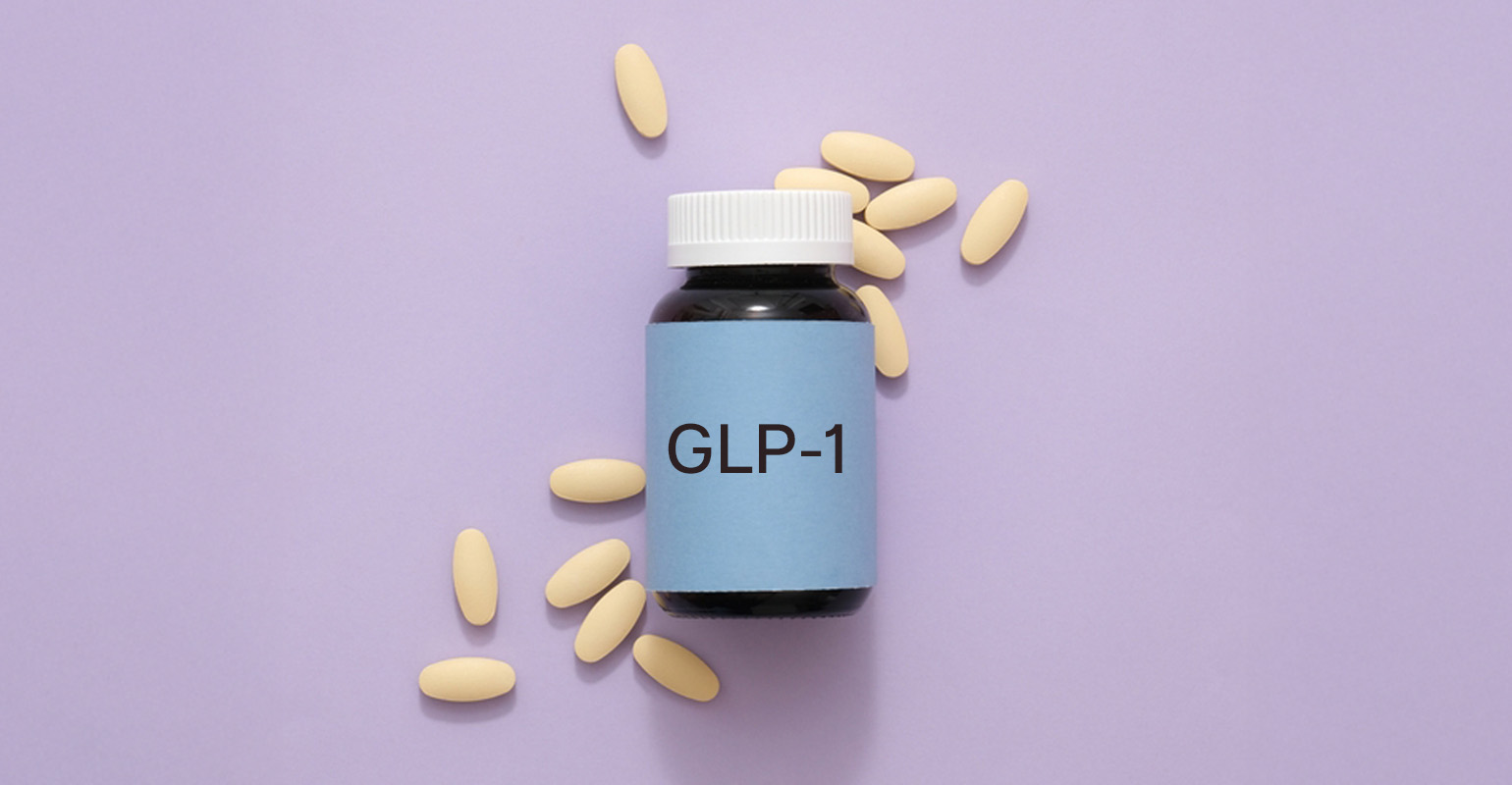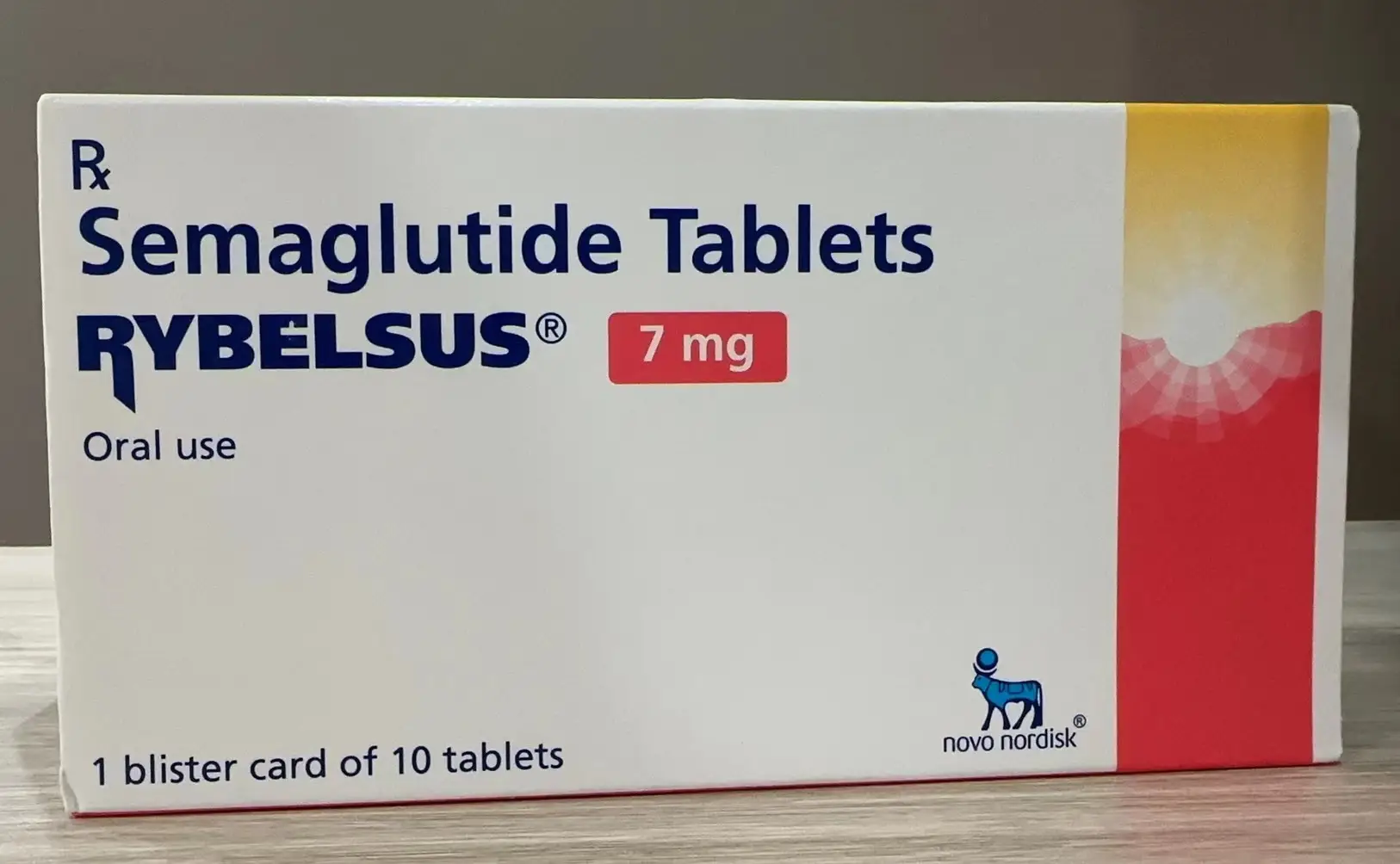GLP-1 + Nutritional Synergy Formula: 5 Nutrients Eating Suggestions

If you're using GLP-1 receptor agonists (e.g., semaglutide, tirpotide, liraglutide, etc.) – these drugs that are effective in blood sugar control, weight management, and metabolic health, then a scientific nutritional intervention can take your results to the next level!
Why? Because GLP-1 drugs work by regulating appetite, delaying gastric emptying, and improving insulin sensitivity, they can also bring some challenges, such as muscle loss, micronutrient deficiencies, intestinal discomfort, etc. Reasonable nutritional supplementation can not only alleviate these side effects, but also enhance the effect of the drug, so that your health management can get twice the result with half the effort!
Today, we share five core nutritional supplements to provide comprehensive support for your GLP-1 treatment!
Protein powder: prevents muscle loss and maintains metabolic vitality
Why is it particularly important?
GLP-1 drugs significantly reduce appetite, which may lead to insufficient protein intake, while muscle loss can reduce basal metabolic rate, affecting long-term weight loss and physical performance.
Scientific Supplementary Scheme:
Whey protein (fast absorbing) or vegetable protein (easily digestible), 20-30g daily, can be added to breakfast or meals in portions.
The recommended daily protein intake for adults is 1.2-1.6g/kg body weight (for example, 60kg people, i.e., 60*1.2≈72g/day); If you have exercise habits, you can increase your body weight to 1.5-2.0g/kg to help muscle repair.
For example:
1 egg ≈ 6g protein
100g chicken breast ≈ 30g protein
100g tofu ≈ 8g protein
1 cup milk ≈ 8g protein
Fish oil (Omega-3):
Anti-inflammatory and heart-protecting, enhance insulin sensitivity
Key role: Users of GLP-1 often have a risk of metabolic syndrome.
Omega-3 (EPA+DHA) can:
✔ reduce systemic inflammatory response
✔ improve dyslipidemia (lower triglycerides)
✔ synergistic enhance insulin sensitivity
Precise supplementation suggestions:
Prioritize high-purity fish oil (EPA+DHA≥60%), with a daily intake of 1000-2000mg. Eating deep-sea fish (salmon, sardines) 2 to 3 times a week is a natural supplement.
Probiotics:
Optimizes gut health and relieves drug side effects
Necessity Analysis:
GLP-1 drugs may cause:
Gastrointestinal discomfort (nausea, bloating)
Imbalance of gut flora
Probiotics can:
Improves digestion and absorption
Enhances intestinal barrier function
Regulates the brain-gut axis (indirectly affects appetite)
Strain Selection Guidelines:
Focus on clinically validated strains such as Bifidobacterium lactis HN019 and Lactobacillus rhamnosus GG strain.
Supplement 100-30 billion CFU daily, recommended to take on an empty stomach before breakfast.
Cellulose:
Dual regulation of blood sugar and appetite
In-depth interpretation of the mechanism of action:
Soluble fiber (e.g., β-glucan, pectin): forms a gel to delay gastric emptying and prolongs satiety in synergy with GLP-1.
Insoluble fiber (e.g., cellulose, lignin): promotes intestinal motility and prevents constipation (common side effect of GLP-1).
Practical plan:
Total daily dose of 25-38 g, preferably from whole foods (oats, chia seeds, legumes).
Cellulose supplements, which can be gradually increased to avoid flatulence caused by sudden large intake.
Multivitamins & Minerals:
A critical line of defense to fill nutritional gaps
Risk warning:
The gastrointestinal effects of a low-calorie diet + GLP-1 can lead to:
Decreased absorption of vitamin B12
Insufficient vitamin D (affects weight loss)
Magnesium/zinc deficiency (associated with insulin resistance)
Targeted Supplementation Strategies:
Choose a multivitamin with active B12 (methylcobalamin).
Additional attention is paid to vitamin D3 (2000IU/day) and magnesium (200-400mg/day).
Tips:
Personalized adjustments are more effective!
✔ Consult a doctor/dietitian: adjust the dosage according to your own situation.
✔ Gradually: Cellulose and probiotics in particular to avoid gastrointestinal upset.
✔ Pair it with a balanced diet: high-quality protein + healthy fats + low GI carbohydrates for better results!
Any enquiries about Fish oil & Glucomannan ODM/OEM, vitamin B12 api
Plz contact haoran.tse@gmail.com
+8618575536586
